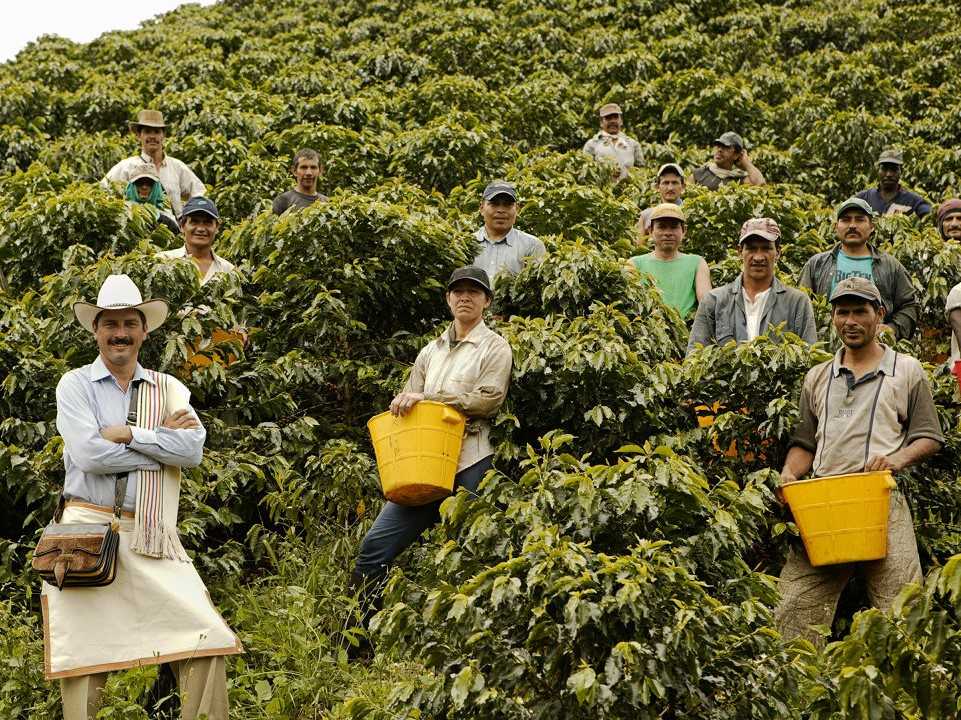Writing prompts: General fiction
Prompt: You’re chasing your dream of being the first person to fly.
Icarus Reborn
Abra was often frustrated by the requisite female wardrobe. Yards of skirts, flounced and frilled, bustled and crinolined to the point of ridiculous. Sleeves, poofed at the top, tight to the wrist. Bodices buttoned to the chin, too tight for taking a deep breath. No wonder, Abra snorted, females carried smelling salts. They were always fainting from lack of air! And hats! Mercy! She hated all of it, longed for the freedom her brothers had to run, jump, roll, tussle, and even ride a horse astride instead of the uncomfortable sidesaddles a lady had to use. One shouldn’t ever hint that a lady had two legs, after all! And they weren’t legs. They were limbs. Bah!
Someday, she determined, she would set aside all the stuffy silliness and set herself free of restraint. She’d soar like an eagle! Wait—soar? Fly! That’s it! she would rid herself of all the fabric that surrounded her like a cage, and she would FLY!
She dreamed of it all through her childhood, her “young adult” status, and finally attained her majority, as the saying went. She turned 21, and decided it was time to put her dreams into action.
Of course, she had to become a male in order to gain her goal. No one would be interested in helping a young female who was stepping out of her proper position, but a young male would be considered daring, and would be given respect even if he was a lunatic who thought he could fly.
So she whacked off her heavy long hair. She concealed her feminine appearance as best she could with loose shirts, loose trousers. She flattened her already small breasts with strips of linen. It was her good fortune to have a slight build, not richly curved as was the fashion for women–thus the silly bustles!
Her shocked and indignant parents looked on in dismay, fearing their only daughter would never meet a marriageable gentleman, but they chalked it up to a female fantasy, hoping she would settle down and find her place among other young women her age.
What they didn’t know was that she slipped out every night and found her way to an abandoned garage, where she meet her best childhood friend. He was a young man just about her age, and he was as enthusiastic about flying as she was. Her male appearance? He found it amusing, and enjoyed her daring spirit.
They had agreed that building wings to be strapped on their backs was not a good plan. Horace had read the classics, and didn’t care to be the new Icarus. They considered balloons, but others were already doing that. Besides, the garage wasn’t big enough to accommodate such an endeavor.
They finally decided that they needed a flying machine, one that could be powered by an engine fueled similarly to the new horseless carriages. They spent hours studying those machines, learning all sorts of things that made them excellent mechanics. They began to sketch ideas, learning about materials that would keep them airborne once they managed to rise from the ground. They learned about wings, and came up with ideas to model theirs on the feathered wings of large birds of prey.
Before daybreak, they would lock up the garage, sneaking home in time to be in bed before anyone else was awake. When Abra began to sleep well past the usual time of rising in their household, her family accepted it as just another of her many quirks.
The next time Abra and Horace met in their garage, Abra carefully approached him with an idea she hoped he would accept.
“Horace, neither of us knows how to create and build a gasoline engine. I think it’s beyond my own ability, and maybe yours as well.”
Horace, to her great relief, agreed with her. “I have a friend who loves to tinker with motors and fuel. He’s trustworthy to keep our secret, and I think he would be excited to be a part of our project. Should I invite him to meet with us tomorrow night?”
“Yes! Wonderful! I’m so relieved. I was afraid you would feel insulted,” she said.
“And I thought YOU would be insulted,” said Horace, grinning. “I guess we’re both just—smart! Smart enough to know our own limitations.”
They worked, and sweated, and planned. They scrapped one plan after the other, and all the while, their newest partner tinkered on a bench with his metal and screws and bolts and tools as he developed his own contribution to their plan. Abra found great satisfaction in doing something besides her hated embroidery! She loved stretching her brain, learning something new every night that they worked.
Her days were occupied by learning how to run a household, supervise the servants, and do all that was considered proper for a young woman not yet married to attract an appropriate suitor. The problem, of course, was that there were no appropriate suitors for a woman out of her own time period. Men found her either boring or intimidating. She seemed doomed to spinsterhood–which was perfectly acceptable to her. She would be free, without the restraint of a husband, to do what she loved.
The months passed swiftly for the three friends. Their project began to take form as they drew, measured, considered weight, weather, winds. It was agreed that Abra would sit in the driver’s seat, steering with a set of bicycle handles attached to a pipe that was attached to the mechanism for turning left or right. They didn’t concern themselves with any device to set the machine back down on the ground, trusting the limited amount of fuel to bring that about naturally.
They spent a great deal of time on the wings. The were constructed of wood that was thin but sturdy, with several small strips that were hinged to the broader wing and connected with wires, in turn connected to a control mechanism near the driver’s seat. Abra hoped to control the flaps, as they called them, to catch air currents just as the feathers on a large bird would do. The trio had spent countless hours studying birds, watching them through telescopes, to understand how they used their feathers in flight.
They were ready. The watched the weather, looking for signs of a good breeze blowing in the right direction, and for clear skies. Their excitement rose as spring weather settled down to stay. And one morning, just before dawn, they rolled their machine out of the garage and down the street to a broad field that was outside of town. There were no houses, just a wide and lengthy expanse of grassy fields. Perfect.
Of course, as they trundled their odd machine down the street, people began to follow. Not many were up and about, but as the noise of their audience increased, more and more folks popped their heads out of windows, and rapidly dressed to join the crowd. This was something new, something different. They all wondered what this odd-looking “bird” would do!
Abra had already strapped on a leather helmet, and place goggles over her eyes. She wore leather gloves, and a jacket and trousers that would keep her warm as the machine gained (she hoped!) altitude. Her heart raced with excitement. “Even if it fails,” she thought,”I’m doing something I always wanted to do!”
By the time they reached their destination, the crowd following them was large and noisy. Horace and his friend urged the people to stay back, out of the reach of any disaster that may take place. Abra took her place behind the steering device. Horace’s friend checked his engine, checked the fuel, and then cranked it just as one would crank the motor of a horseless carriage. When it caught, coughing and spluttering and then settling into a steady roar, the two men each got behind a wing and began to push the machine toward a rise that would give the machine about 20 feet of drop to the ground below once it was aloft. They had chosen the spot with care, measuring and looking for impediments which they moved out of the way.
Suddenly, Abra felt the machine leave the ground! Oh, how her heart raced! She wanted to sing for joy, laugh and dance and turn somersaults! But she had a job to do, and she paid attention. She could turn left or right, and she had to maneuver the wing flaps to catch the wind. She’d never had so much fun in her entire life!
Abra could hear the crowd below yelling and cheering. She could see them running to keep the machine in view.
When she heard the motor sputter once, then again, she knew her first flight was coming to an end. She scanned the ground below, looking for the best direction for setting her bird down safely. She felt it begin to drop, and realized that the fuel was gone. Thankful for the harness that strapped her to the seat, she did her best to make use of the wing flaps, slowing her descent a little here and there, until she felt the wheel touch the ground and bounce, touch and bounce, touch and bounce. She pulled on the lever that would brake the wheels, and the machine lurched to a stop.
The crowd was going wild! They were excited, congratulatory, gleeful to have seen such a strange event.
Abra unstrapped, climbed down, and ran to her friends. They embraced, pounding each other on the back, yelling and screaming their delight. Abra, forgetting that her hair had grown, took off the helmet and tossed it into the air, whooping with joy.
The crowd suddenly went silent. Abra turned to see what had caused them to go so quiet, and then someone shouted, “LOOK! It’s a FEMALE!”
The murmuring of the subdued crowd rose to an indignant roar. One of the men stepped forward, pointing at Abra. He hollered, “What is a woman doing in such a dangerous experiment! You should be ashamed!” He turned away, and the crowd went with him, shaking their heads and glancing back over their shoulders.
Abra and her friends stood quietly for maybe three minutes. Then, they looked at each other, grinned, and continued to celebrate their great success.

